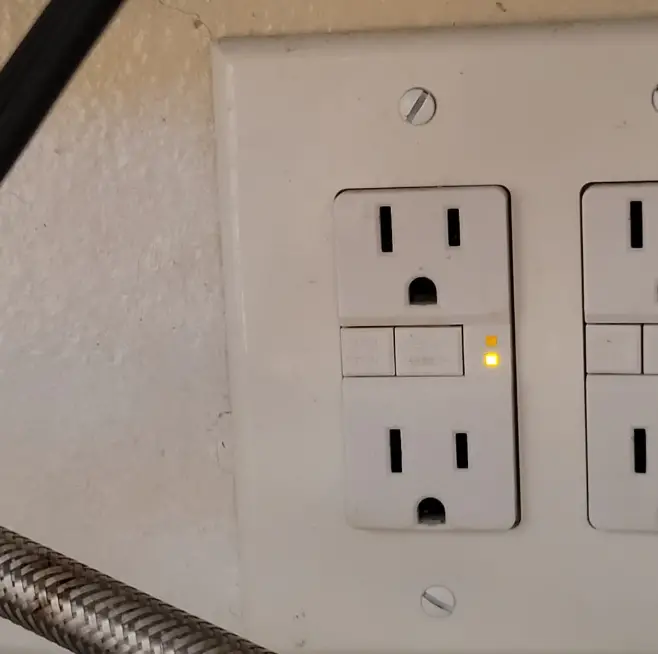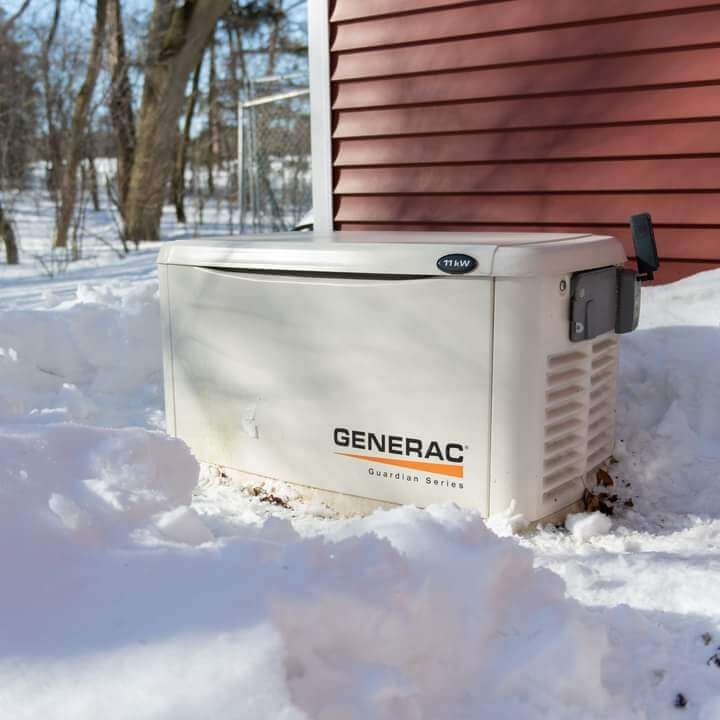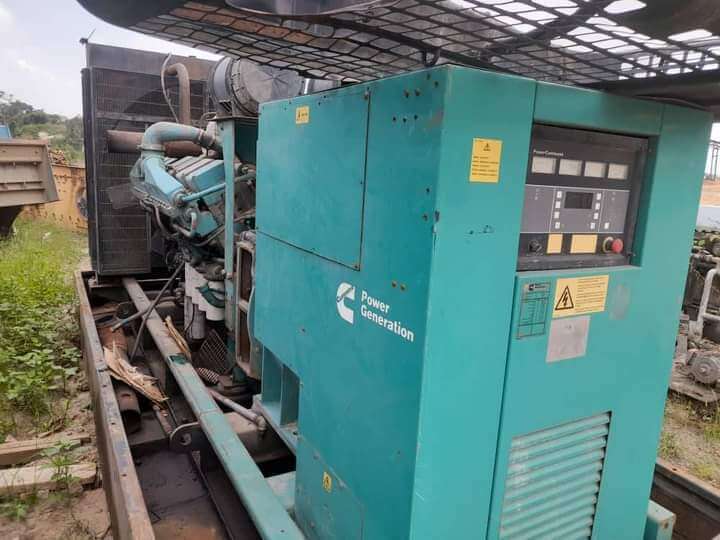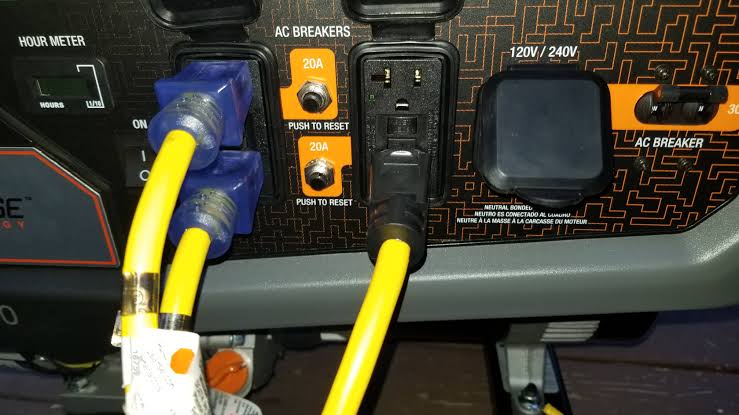As an Amazon Associate, we earn from qualifying purchases. This does not affect the price you pay or the quality of the products you buy. For more information, please read the full affiliate disclosure here.
Generator working fine but not able to power appliances because the voltage is low can be frustrating, and trust me, it is the worst thing ever you can experience with generators especially when you have an urgent work that has to do with electricity.
But don’t worry, in this article, we will talk about low generator voltage, its causes, and how you can fix your generator if it’s producing low voltage without consulting your electrician or generator mechanic.
“Trouble with your generator? Get expert personalized troubleshooting tips tailored for you. Contact us now for reliable support and practical solutions. Let’s fix it together – reach out today!”
What is Generator Voltage?
Generator voltage is known as the electrical potential difference between two points in a circuit. The voltage can be low for several reasons, including loose or corroded wires, bad connections, or a damaged generator. If you suspect that your generator’s voltage is low and after following the procedures below, then you should have it checked by a qualified technician. However, you can book a free quote with us to help you diagnose and fit it.
What Causes Low Generator Voltage?
If you’re experiencing low generator voltage, there are a few potential causes.
- Firstly, check to see if the generator is overloaded. If it is, then you’ll need to reduce the load. If the generator isn’t overloaded, the problem may be with the generator itself. It’s possible that the voltage regulator is set too low or that there’s a problem with the engine. If you’re not sure what the problem is, then it’s best to call a professional.
- Secondly, the common cause is a problem with the generator’s stator. The stator is the part of the generator that produces the electricity. If it’s not working correctly, the generator won’t have enough power, and the voltage will be low.
- Thirdly, if the generator is running on a low speed, it can also cause the generator to produce low voltage. Additionally, capacitor and AVR can also make your generator voltage to be low.
If it has any of these problems, you should call your technician or generator repairer for what to do. You can also book a free quote with us regardless of where you are, we can direct you on what to do.
Also Read:- Generator Output Voltage Too High: Troubleshooting Guide
How To Fix Low Generator Voltage Yourself
If your generator is providing low voltage, there are various ways you can fix it. Besides, I have looked at multiple factors that cause low voltage, and here we will talk about how to fix low generator voltage yourself.
1. The engine isn’t running at the correct speed—the speed is low.
A generator running at low speeds is the most common cause of low generator voltage. If your generator speed is running low, it can cause your generator voltage to be low too. To fix this issue, ensure the engine runs at the correct rate according to the manufacturer’s specifications. And to do that is by increasing its speed.
2. The generator isn’t providing enough power.
This could be due to several factors, a faulty capacitor. However, not all generators make use of capacitors. While some make use of AVR, others make use of Diode. So if this causes your generator voltage, it will be best if you change it.
For more understanding check out: Understanding Generator Voltage Regulators: Types and How They Work
3. Stator is not producing adequate current.
If this is the reason your generator has low voltage, then the best way for you to fix this issue is to call your technician or generator repairer.
Conclusion
We have looked at the various causes of low generator voltage and how they can be fixed. Although you can fix some yourself, but not all can be resolved except if you call your technician or generator repairer.
If you’re enjoying our content on generators and want to stay in the loop, we’d love for you to join our email list. You’ll be the first to know about new posts, updates, and exclusive offers. Just enter your email below and become part of our community today.
Also Read:
Share






